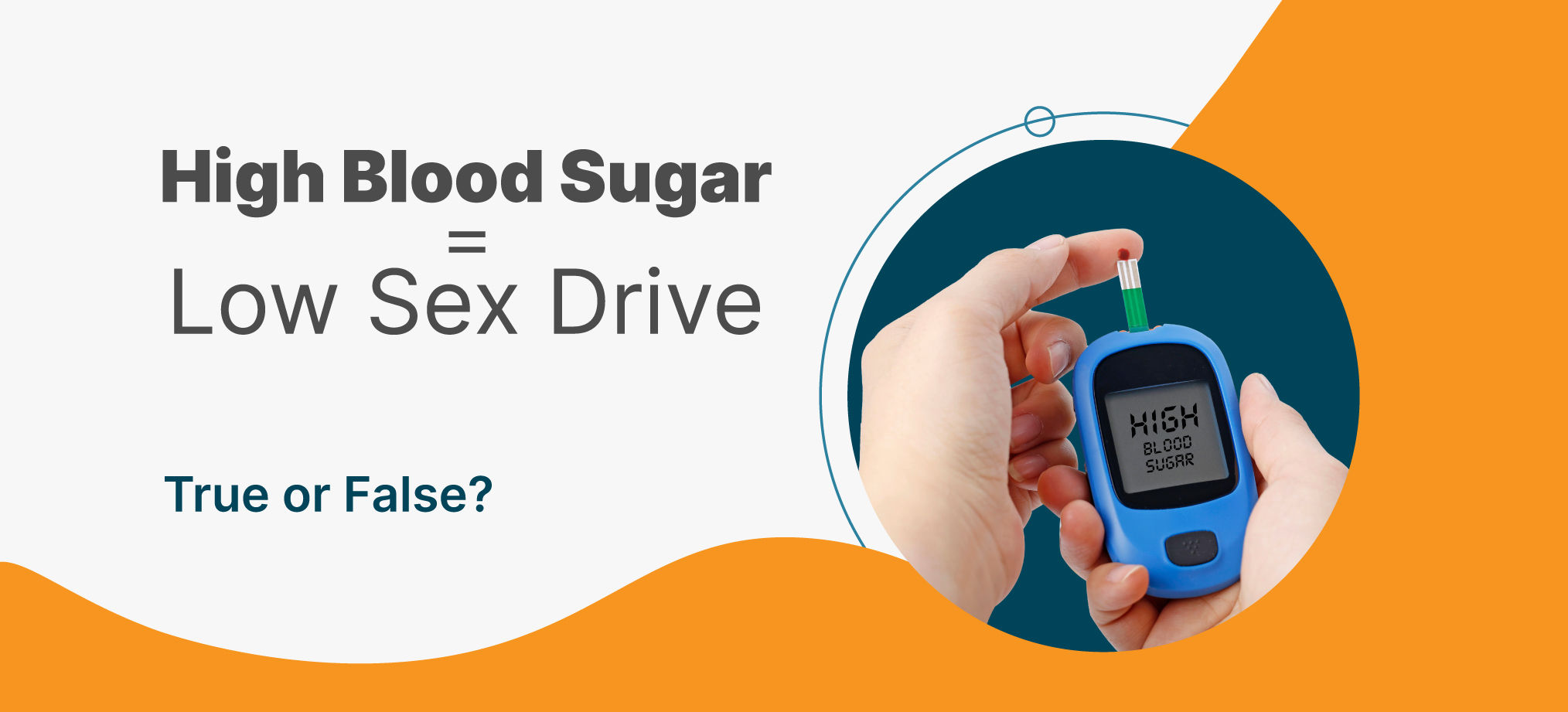Diabetes Management
Is Milk Good For Diabetes?
2 min read
By Apollo 24|7, Published on - 13 August 2024
Share this article
0
0 like
.jpg?tr=q-80)
The age-old debate, "Is milk good for diabetes?" is relevant to individuals managing diabetes. The answer isn't a straightforward yes or no but lies in understanding the distinct types of milk and their nutritional content. It's crucial to consider individual dietary needs and the impact of various milks on blood sugar levels. So, let's explore this topic in detail.
Understanding Nutritional Content and Carbohydrates in Milk
Milk is packed with vital nutrients like calcium, protein, and vitamins. However, the presence of lactose - a form of carbohydrate - can influence blood sugar levels. For instance, one cup of cow's milk contains around 12 grams of carbohydrates.
Examining Different Types of Milk
Milk comes in various forms - both dairy and non-dairy. Cow's milk (whole and skimmed) is high in carbohydrates, while non-dairy alternatives like almond, soy, and flax milk are lower in carbs.
Assessing Health Considerations
Managing diabetes involves careful control of carbohydrate intake as different milks might cause spikes in blood sugar levels due to their carbohydrate content. The fat content in milk can also impact health - some studies suggest that full-fat dairy may protect against type 2 diabetes. However, each person with diabetes reacts differently to milk, and continuous glucose monitoring can aid in deciding the most suitable milk type.
In moderation, milk can be included in a balanced diabetic diet. The choice of milk type depends on its carbohydrate content and the individual's overall diet, activity level, carbohydrate processing ability, and preference. It's recommended to consult with a doctor or dietitian to tailor dietary choices to individual needs.
Managing diabetes could be overwhelming, but Apollo's Super 6 program can help you navigate it. Crafted by Apollo's expert doctors in India, the program provides a personalized approach to type 2 diabetes management through lifestyle and diet changes. Consider enrolling in this program and reap its benefits in managing diabetes effectively.
Diabetes Management
Consult Top Diabetologists
View AllLeave Comment
Recommended for you

Diabetes Management
Can Diabetes Cause Sexual Dysfunction?
Living with diabetes can impact sexual health due to factors like nerve damage and blood vessel issues. Both men and women with diabetes may experience low libido, erectile dysfunction, painful intercourse, and fertility challenges. To deal with these challenges, one should focus on managing blood glucose levels, maintaining a healthy weight, staying active, and seeking medical advice are crucial.
.jpg?tr=q-80)
Diabetes Management
Balancing Diabetes & Exercise: Techniques, Timing and Why It Matters
By exercising regularly, you are taking a proactive step toward self-managing your diabetes effectively. You can achieve better blood glucose control, improve your insulin sensitivity, and maintain a healthy weight by choosing a combination of aerobic, resistance, and flexibility exercises and timing them appropriately. Remember, every step counts in your fight against diabetes.

Diabetes Management
Can Tea and Coffee be Harmful in Diabetes?
Caffeine, found in tea and coffee, can impact the blood sugar and insulin levels of individuals with type 2 diabetes. Studies suggest caffeine may raise blood sugar and reduce insulin sensitivity, increasing the risk of complications. Caffeine elevates stress hormones, blocks adenosine, and disrupts sleep. It takes as little as 200 milligrams of caffeine to affect blood sugar. For those with type 2 diabetes, switching to decaffeinated options may help maintain better blood sugar control.
Subscribe
Sign up for our free Health Library Daily Newsletter
Get doctor-approved health tips, news, and more.
Visual Stories

8 Fruits That are Incredibly Healthy for Diabetes
Tap to continue exploring
Recommended for you

Diabetes Management
Can Diabetes Cause Sexual Dysfunction?
Living with diabetes can impact sexual health due to factors like nerve damage and blood vessel issues. Both men and women with diabetes may experience low libido, erectile dysfunction, painful intercourse, and fertility challenges. To deal with these challenges, one should focus on managing blood glucose levels, maintaining a healthy weight, staying active, and seeking medical advice are crucial.
.jpg?tr=q-80)
Diabetes Management
Balancing Diabetes & Exercise: Techniques, Timing and Why It Matters
By exercising regularly, you are taking a proactive step toward self-managing your diabetes effectively. You can achieve better blood glucose control, improve your insulin sensitivity, and maintain a healthy weight by choosing a combination of aerobic, resistance, and flexibility exercises and timing them appropriately. Remember, every step counts in your fight against diabetes.

Diabetes Management
Can Tea and Coffee be Harmful in Diabetes?
Caffeine, found in tea and coffee, can impact the blood sugar and insulin levels of individuals with type 2 diabetes. Studies suggest caffeine may raise blood sugar and reduce insulin sensitivity, increasing the risk of complications. Caffeine elevates stress hormones, blocks adenosine, and disrupts sleep. It takes as little as 200 milligrams of caffeine to affect blood sugar. For those with type 2 diabetes, switching to decaffeinated options may help maintain better blood sugar control.


